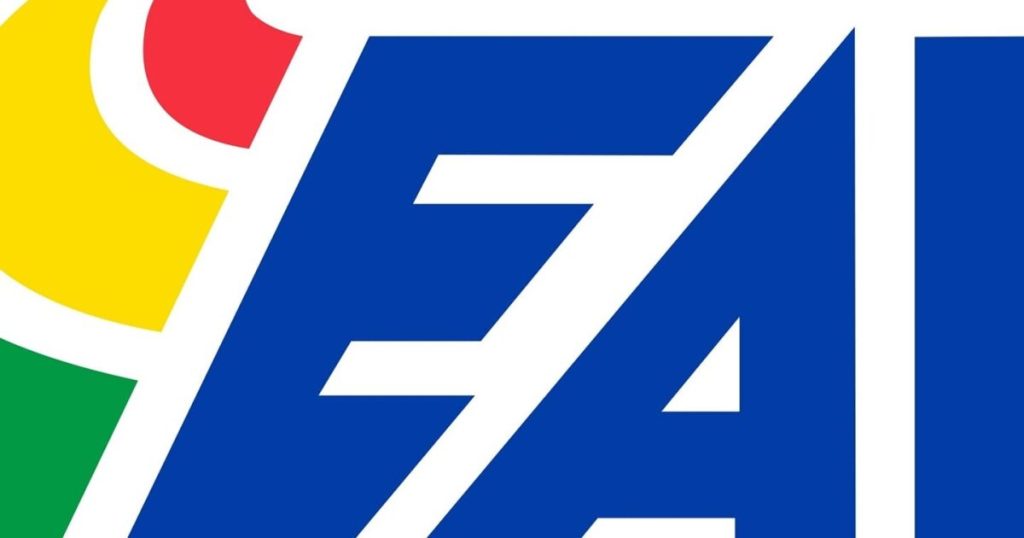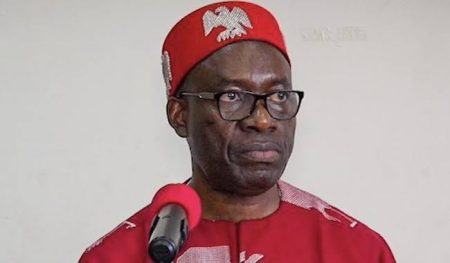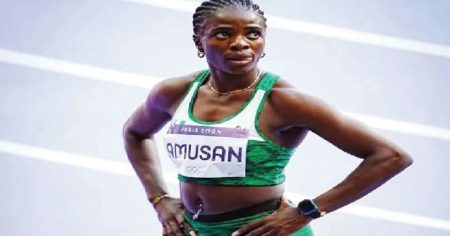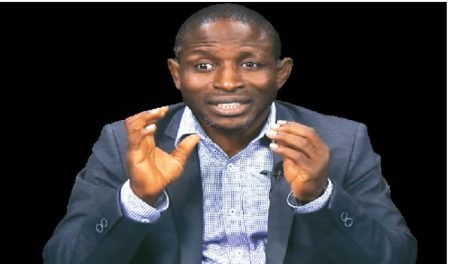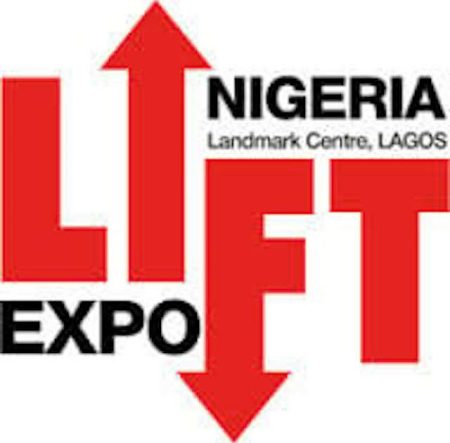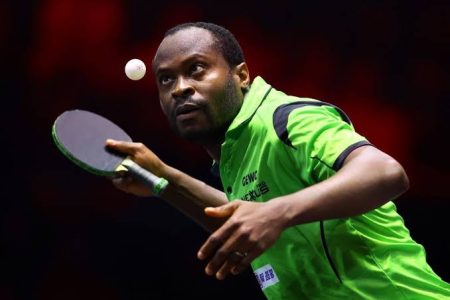Ethiopia’s Age Verification Debacle: A Blow to Continental Athletics
The Ethiopian Athletics Federation (EAF) has found itself embroiled in a significant controversy following a rigorous age verification process conducted on its athletes slated to participate in the 2025 Confederation of African Athletics (CAA) U-18 and U-20 Championships in Abeokuta, Nigeria. The stringent exercise, implemented to ensure compliance with CAA age regulations, has resulted in a dramatic reduction of the Ethiopian team, with only 22 out of an initial 76 athletes deemed eligible to compete. This drastic cut has raised concerns about age falsification practices within Ethiopian athletics and underscores the challenges faced by sporting bodies in ensuring fair competition at youth levels.
The EAF employed a multi-faceted approach to age verification, utilizing scientific methods at the Forensic Medicine and Toxicology Unit of the Ethiopian Police Hospital. These methods included MRI scans to assess bone age, dental examinations to determine dental maturity, radiographic analysis of bone structure, and a comprehensive review of physical development and academic records. This comprehensive assessment aimed to eliminate any ambiguity surrounding the athletes’ ages and create a level playing field for all participants. While the EAF’s commitment to age verification is commendable, the sheer number of disqualifications raises serious questions about the prevalence of age manipulation within the Ethiopian athletics system and calls for a deeper investigation into the root causes of this issue.
The results of the verification process revealed widespread discrepancies in the reported ages of the Ethiopian athletes. In the U-18 male category, not a single athlete met the age criteria, with all four registered athletes subsequently reclassified to the U-20 division. Similarly, in the female U-18 category, only two athletes were confirmed to be under 18, while nine were found to be overage and moved to the U-20 category. The U-20 category also saw significant disqualifications, with only two male and five female athletes meeting the age requirements. This widespread disqualification paints a concerning picture of the systemic nature of age falsification and underscores the need for more robust preventative measures.
The EAF has attributed the disqualifications to the stringent verification procedures carried out by specialized forensic medical professionals and imaging experts. The federation emphasized its commitment to upholding the CAA’s age regulations and ensuring fair competition. The statement released by the EAF detailed the methods used in the verification process, reaffirming their commitment to transparency and accountability. However, the scale of the disqualifications raises questions about the efficacy of previous age verification methods employed by the EAF and highlights the need for ongoing monitoring and stricter enforcement of age regulations.
The timing of this age scandal, just weeks before the commencement of the championships, has further complicated matters for the EAF and cast a shadow over Ethiopia’s participation in the event. The significant reduction in the size of the Ethiopian team undoubtedly impacts their competitive prospects and raises questions about the long-term implications for the development of young athletes in the country. The incident also serves as a stark reminder of the ongoing challenges faced by sporting bodies in combating age fraud, particularly in developing nations where access to reliable documentation and sophisticated age verification techniques may be limited.
The CAA U-18 and U-20 Championships, being hosted by Nigeria for the first time, are expected to draw over 800 athletes from more than 50 African countries. Nigeria, in preparation for hosting this significant event, has instituted its own stringent documentation requirements for participating athletes to prevent any similar age-related controversies within its own contingent. The Athletics Federation of Nigeria (AFN)’s proactive approach highlights the increasing awareness and concern surrounding age falsification in athletics and the importance of robust verification procedures to ensure fair play and protect the integrity of the sport. While the Ethiopian case has cast a pall over the upcoming championships, it also serves as a valuable lesson and a catalyst for greater vigilance and stricter implementation of age verification protocols across the continent.





